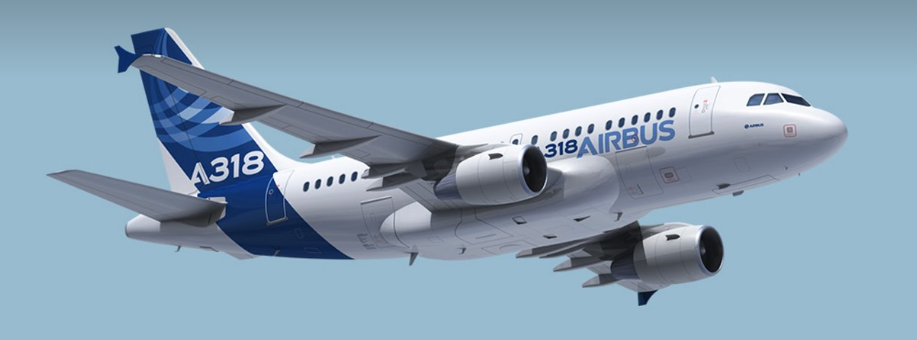Bombardier Reports 4th Quarter and Full Year 2018 Results
-EBIT before special items(1) up 42% year-over-year to more than $1.0B on revenues of $16.2B for the year; EBIT increased 235% year-over-year to $1.0B -2018 EBIT margin before special items(1) up 180 bps year-over-year to…



